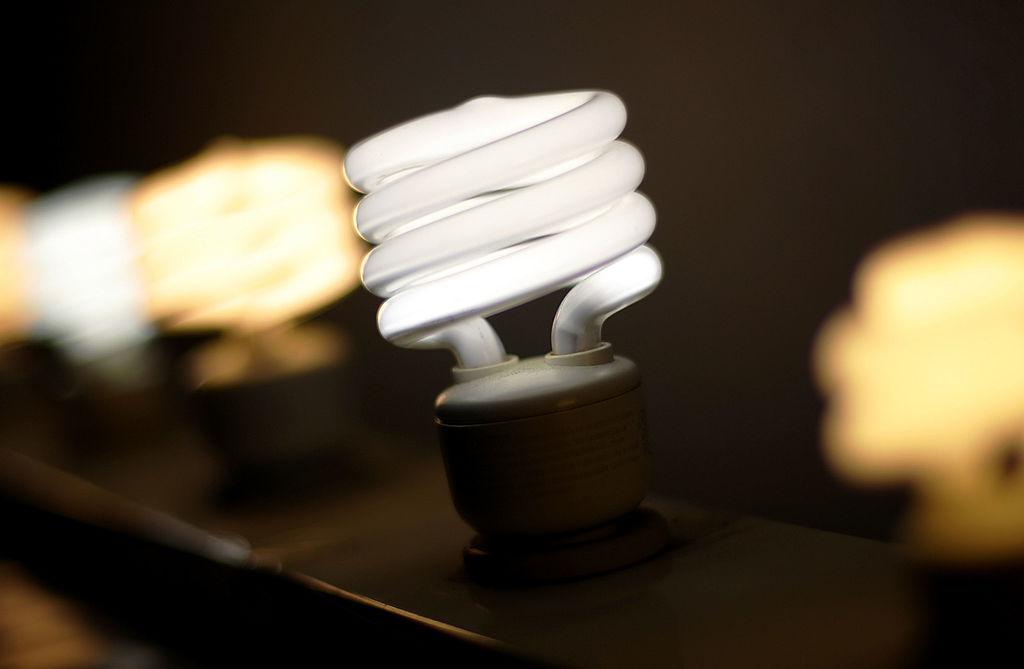Online comparison website iSelect has been fined $8.5 million for making false or misleading claims to customers when providing electricity deals on its platform.
The penalty comes as the Australian consumer watchdog continues to shine a light on the practices of comparison websites that claim to offer consumers the best deal or price for a variety of products or services.





